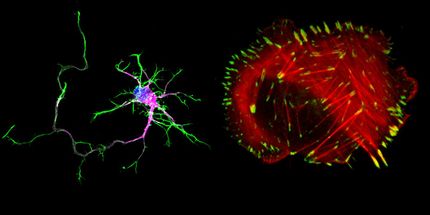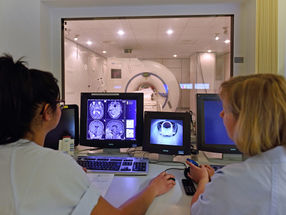Researchers map "gene switches" within the Human Genome
Advertisement
Researchers have released a "map" of regions in the human genome that work as "switches" for turning genes on and off. The discovery, made by researchers from McGill University, Institut de recherches cliniques de Montreal (IRCM) and the McGill University Health Centre (MUHC) may revolutionize the way we think about gene regulation and speed up discovery for diagnostics and treatments. Researchers worldwide will now be able to focus on these important regions, which are responsible for diseases such as cancer, neurodegenerative diseases, diabetes and genetic malformations.
Diseases are not only caused by gene mutations, but by defects in the way genes are controlled. Although the locations of genes in the human genome are now well-characterized thanks to the work of the Human Genome Project, the mechanism by which genes are turned on and off was poorly understood, until now.
The McGill, IRCM and MUHC research team, lead by McGill Professor Dr. Mathieu Blanchette, School of Computer Science, and Dr. François Robert, Director of the Laboratory of Chromatin and Genomic Expression at the IRCM, created a computer algorithm that analyzes the billions of "letters" that make up the human genome to identify "signatures" for gene switches. Their work describes a map consisting of more than 100,000 switches involved in controlling human genes.
The theoretical algorithms were then tested using data provided by Dr. Vincent Giguere, an MUHC-based researcher and professor in the Faculty of Medicine at McGill University. "We used the breast cancer model that we documented in a research paper last year," says Dr. Giguere. "We found that the algorithms predicted the gene switch sites very nicely."
The map sheds new light on our understanding of cellular function and is expected to greatly enhance research on many diseases. "The map will speed up discovery for diagnostics and treatments by allowing researchers worldwide to focus on these important regions," said Dr. Blanchette. Dr. Robert concurred, adding " this discovery may revolutionize the way we think about gene regulation."



























































